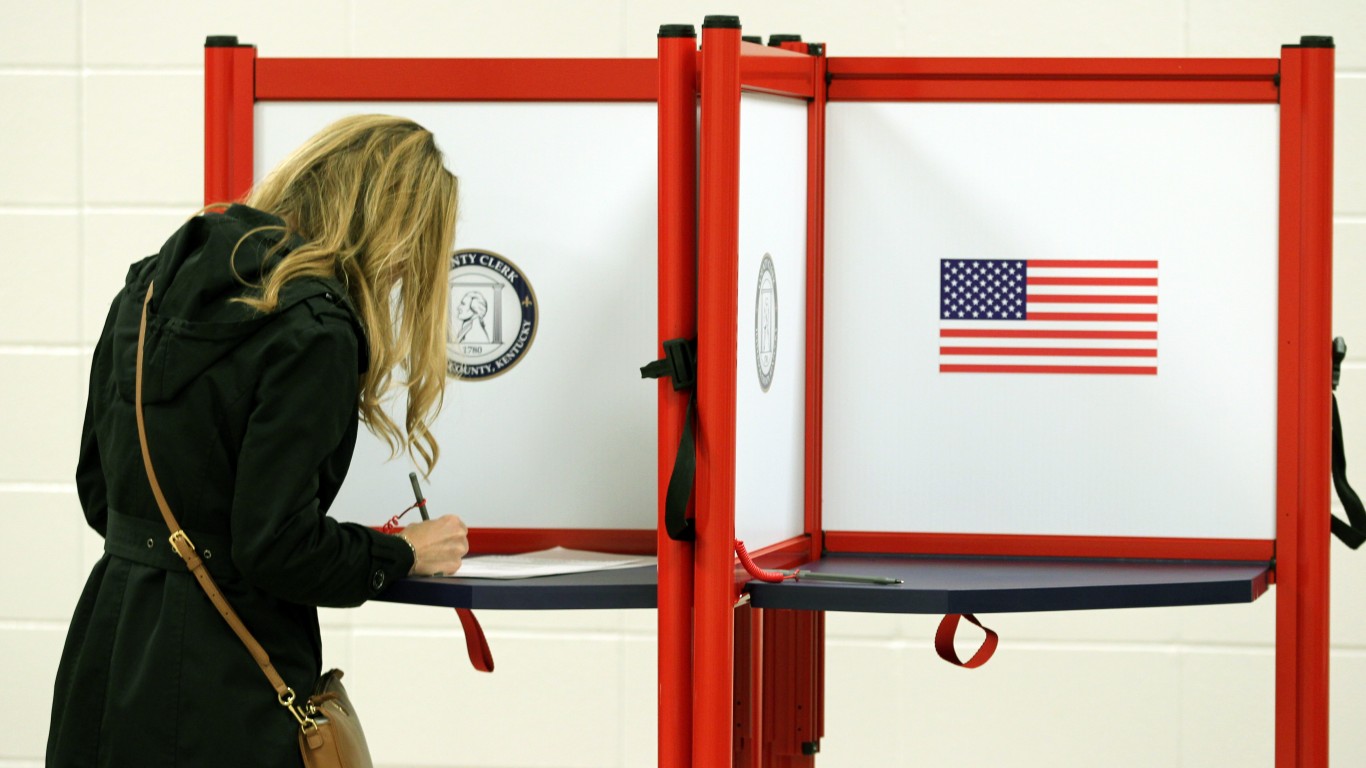
In March, the International Space Station had to perform two maneuvers in the span of a week in order to avoid collisions with debris that is orbiting around Earth. There are half a million pieces of space debris in orbit that are the size of a marble or larger, and over 23,000 pieces that are larger than a softball. Broken satellites, refuse from weapons tests, and discarded pieces of rocket launch vehicles make up a significant proportion of the space junk floating around Earth.
The debris can travel up to 17,500 mph and pose a significant risk to active spacecraft and satellites. In 2009, a defunct Russian spacecraft crashed into a U.S. commercial spacecraft and destroyed it — creating even more large chunks of orbital debris. (These are the worst disasters in space flight history.)
To find the countries that are the source of the most space junk, 24/7 Wall St. reviewed NASA Orbital Debris Program Office’s June 2023 Orbital Debris Quarterly News, the most recent publication available. From the UCS Satellite Database, published by the nonprofit science organization Union of Concerned Scientists, we added the number of military satellites each of the countries on the list had as of Jan. 1, 2023.
The vast majority of orbital debris comes from just three countries: China, the U.S., and Russia. All three countries have conducted anti-satellite weapons tests, which destroy orbiting satellites and create thousands of pieces of debris. A Russian ASAT test in 2021 created a field of debris that threatened the ISS, causing its seven-member crew to take shelter multiple times.
In addition to increasing the risk of deadly and damaging collisions, space junk may also release ozone-depleting chemicals as it re-enters the atmosphere and burns. The removal of space junk, while increasingly necessary, is an issue that can cause geopolitical challenges, as the retrieval of debris may allow the country doing cleanup to acquire sensitive data about the design of the debris objects or confidential information from other countries’ satellites. (Nearly all satellites are owned by these 25 companies and agencies.)
Click here to see the countries that are the source of the most space junk.
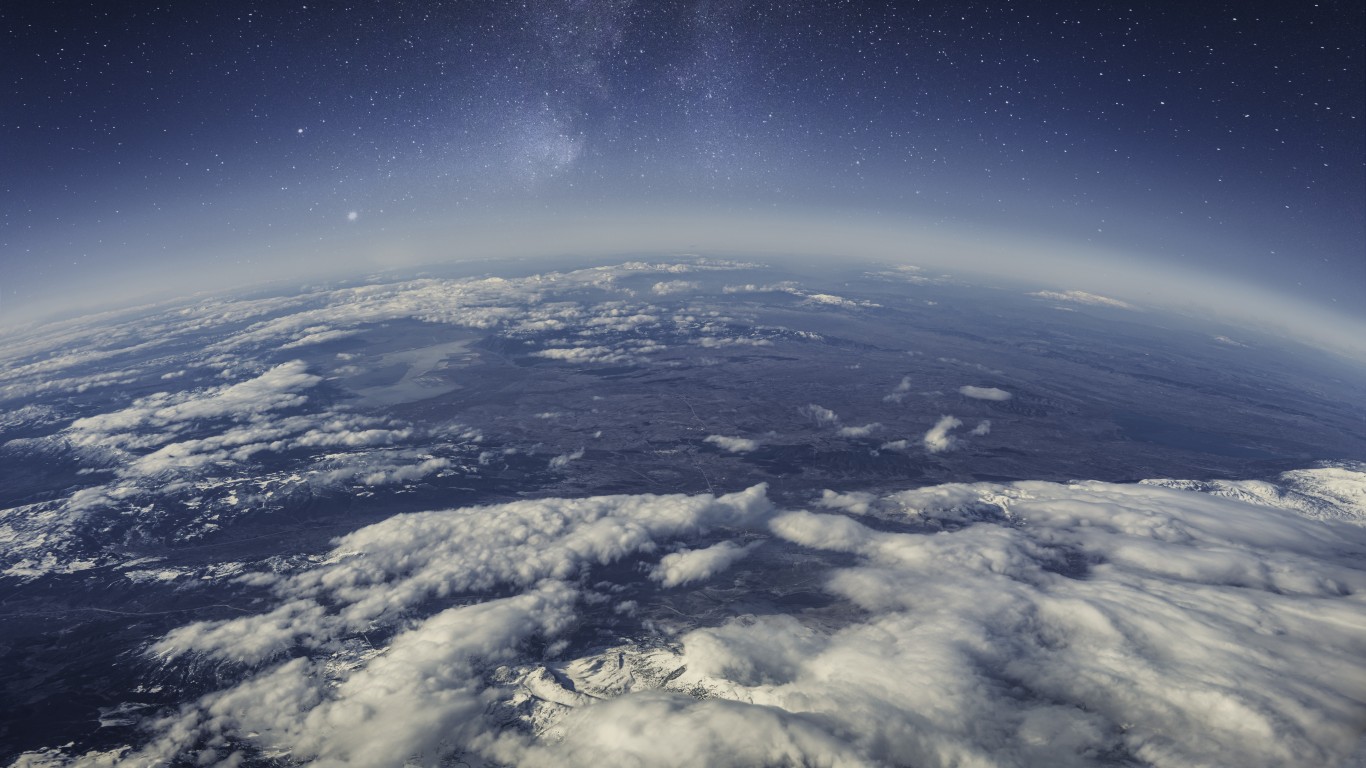
9. United Kingdom
> Spent rocket bodies & other debris: 1
> Active and defunct spacecraft: 673
> Military satellites (UCS data): 6
[in-text-ad]
8. European Space Agency (ESA)
> Spent rocket bodies & other debris: 29
> Active and defunct spacecraft: 96
> Military satellites (UCS data): 0
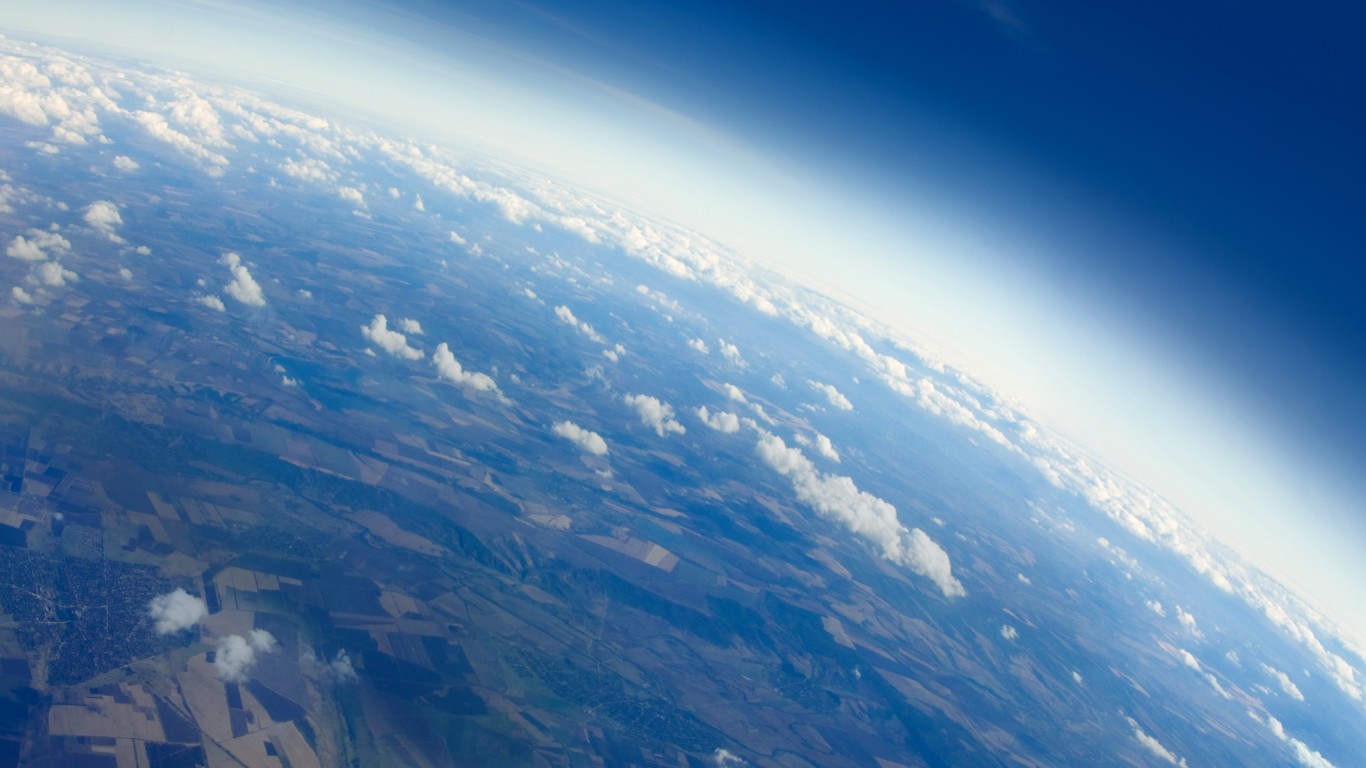
7. Other
> Spent rocket bodies & other debris: 85
> Active and defunct spacecraft: 1,181
> Military satellites (UCS data): N/A
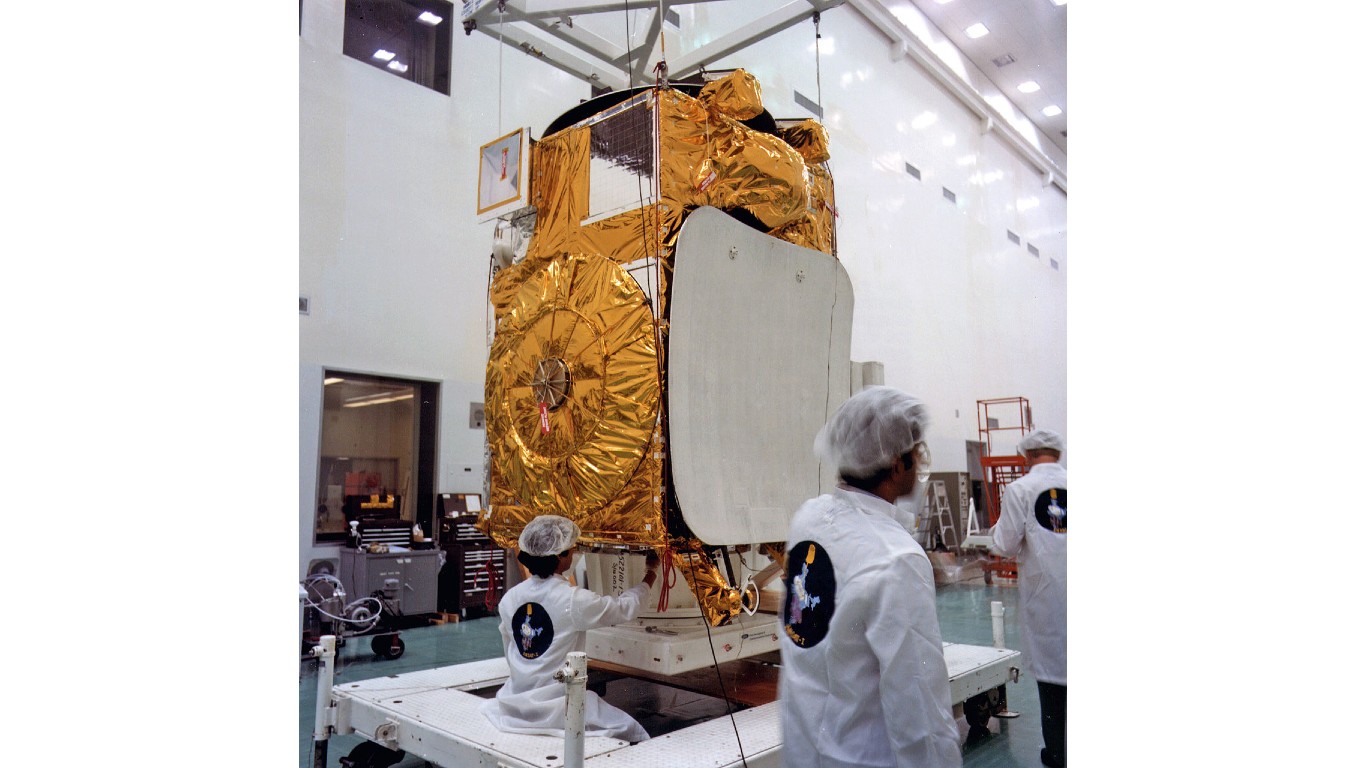
6. India
> Spent rocket bodies & other debris: 105
> Active and defunct spacecraft: 113
> Military satellites (UCS data): 8
[in-text-ad-2]
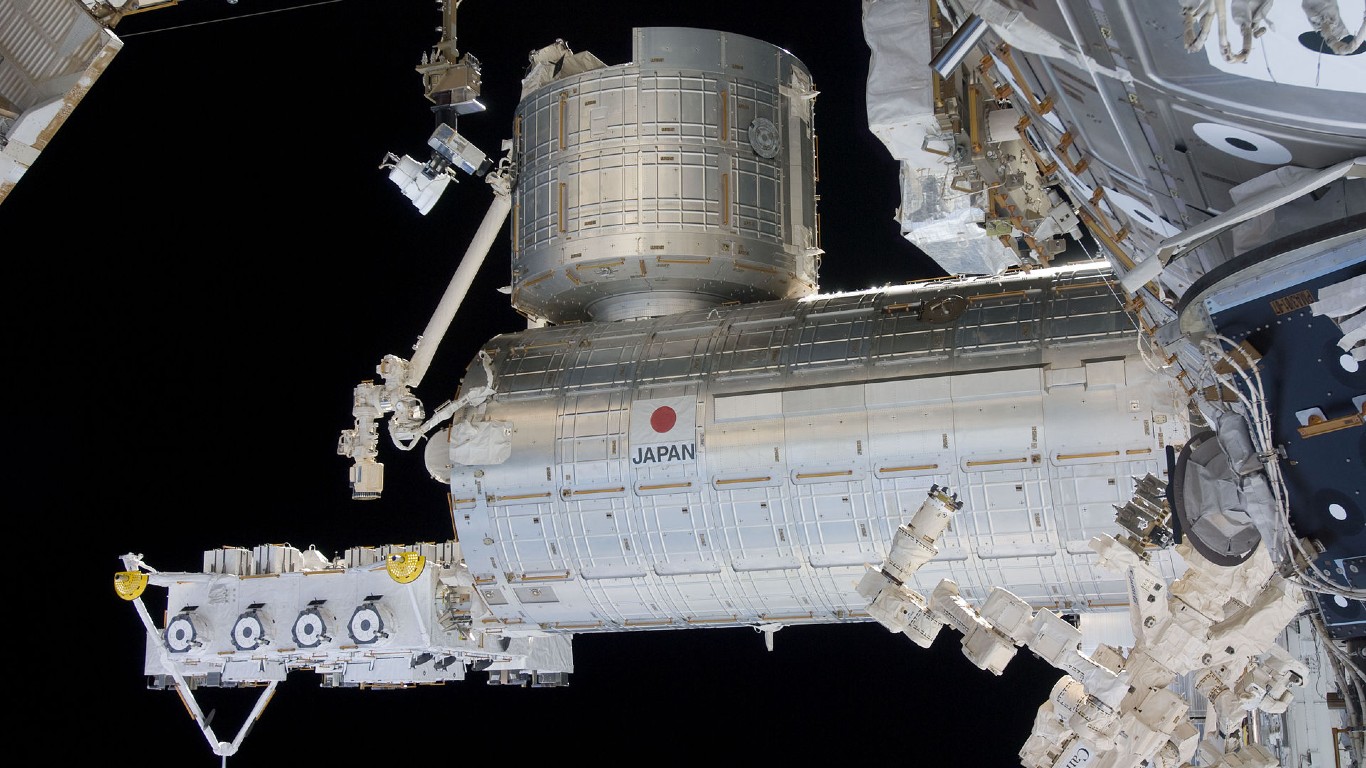
5. Japan
> Spent rocket bodies & other debris: 108
> Active and defunct spacecraft: 204
> Military satellites (UCS data): 1
4. France
> Spent rocket bodies & other debris: 538
> Active and defunct spacecraft: 86
> Military satellites (UCS data): 15
[in-text-ad]
3. China
> Spent rocket bodies & other debris: 4,357
> Active and defunct spacecraft: 609
> Military satellites (UCS data): 155
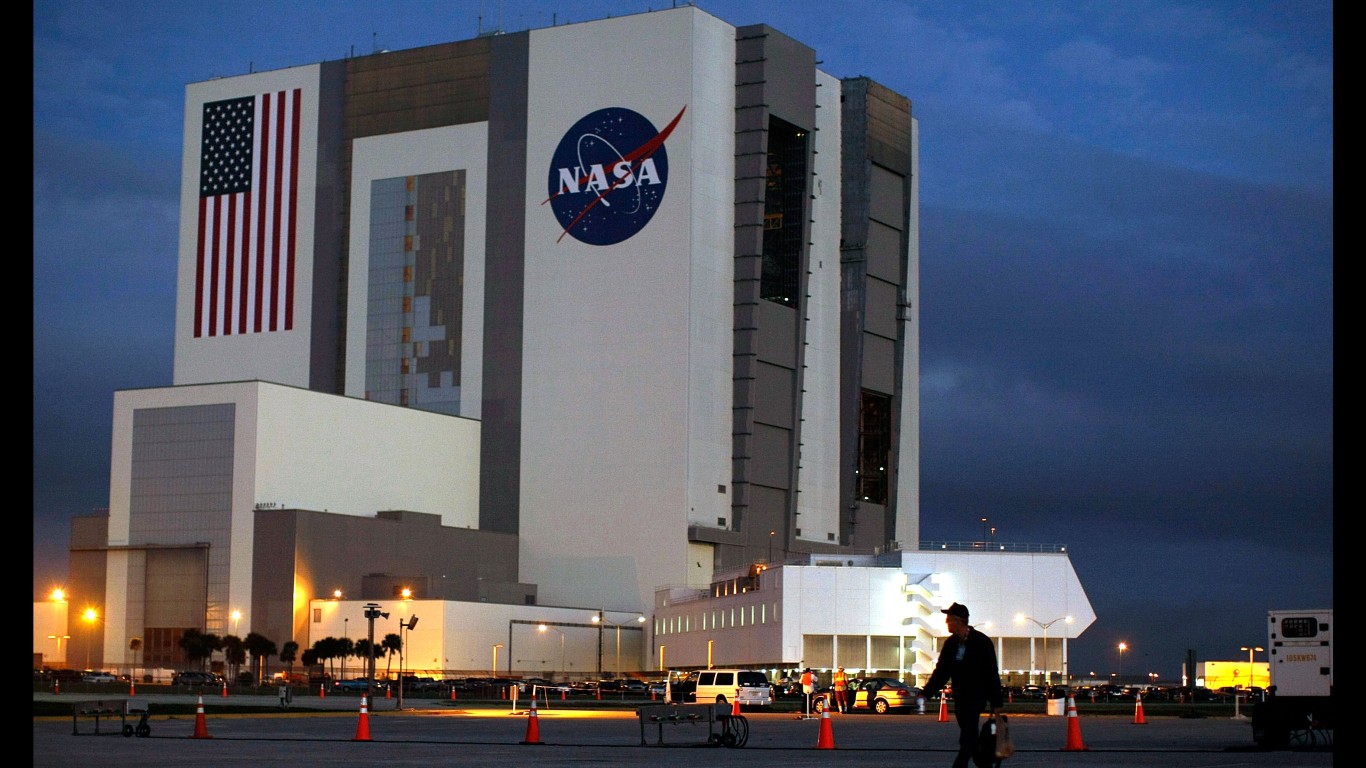
2. USA
> Spent rocket bodies & other debris: 5,115
> Active and defunct spacecraft: 6,047
> Military satellites (UCS data): 240
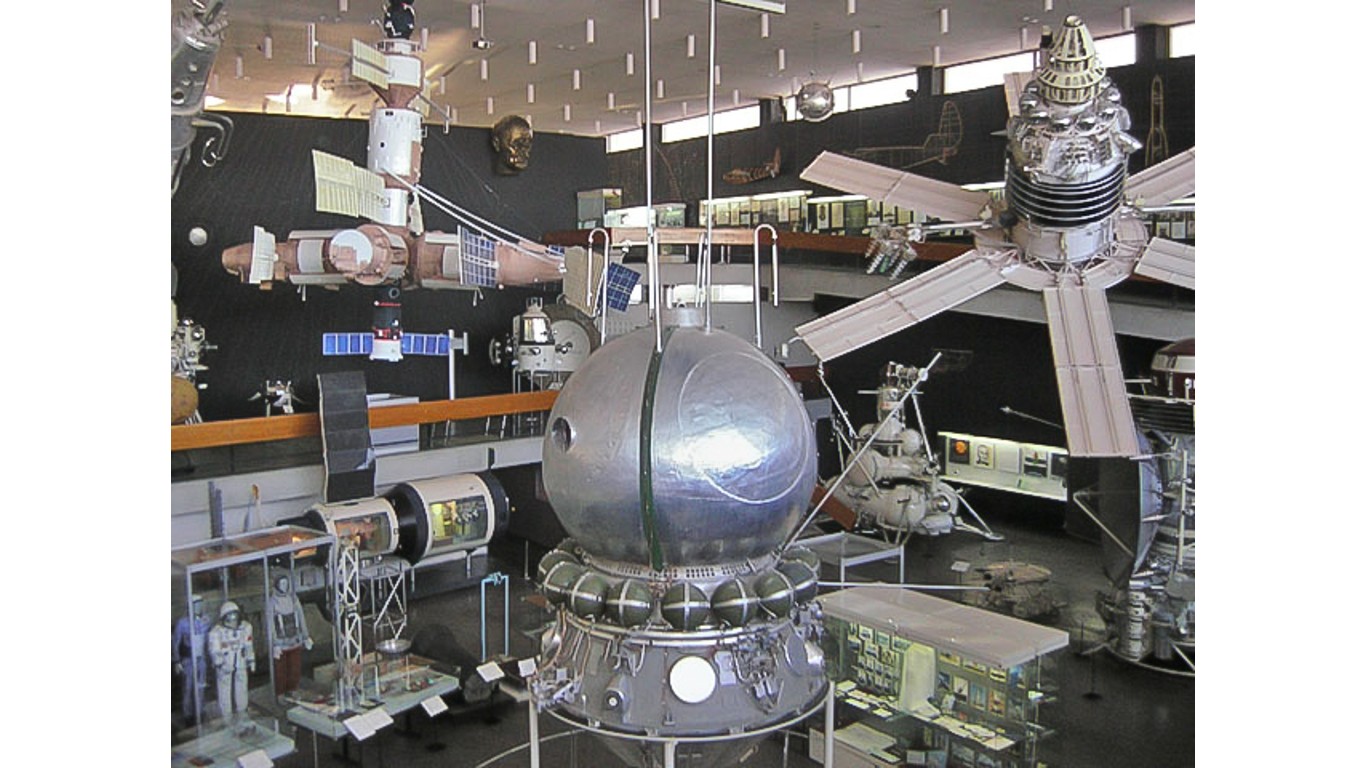
1. Russia
> Spent rocket bodies & other debris: 5,734
> Active and defunct spacecraft: 1,567
> Military satellites (UCS data): 108
Take Charge of Your Retirement In Just A Few Minutes (Sponsor)
Retirement planning doesn’t have to feel overwhelming. The key is finding expert guidance—and SmartAsset’s simple quiz makes it easier than ever for you to connect with a vetted financial advisor.
Here’s how it works:
- Answer a Few Simple Questions. Tell us a bit about your goals and preferences—it only takes a few minutes!
- Get Matched with Vetted Advisors Our smart tool matches you with up to three pre-screened, vetted advisors who serve your area and are held to a fiduciary standard to act in your best interests. Click here to begin
- Choose Your Fit Review their profiles, schedule an introductory call (or meet in person), and select the advisor who feel is right for you.
Why wait? Start building the retirement you’ve always dreamed of. Click here to get started today!
Thank you for reading! Have some feedback for us?
Contact the 24/7 Wall St. editorial team.
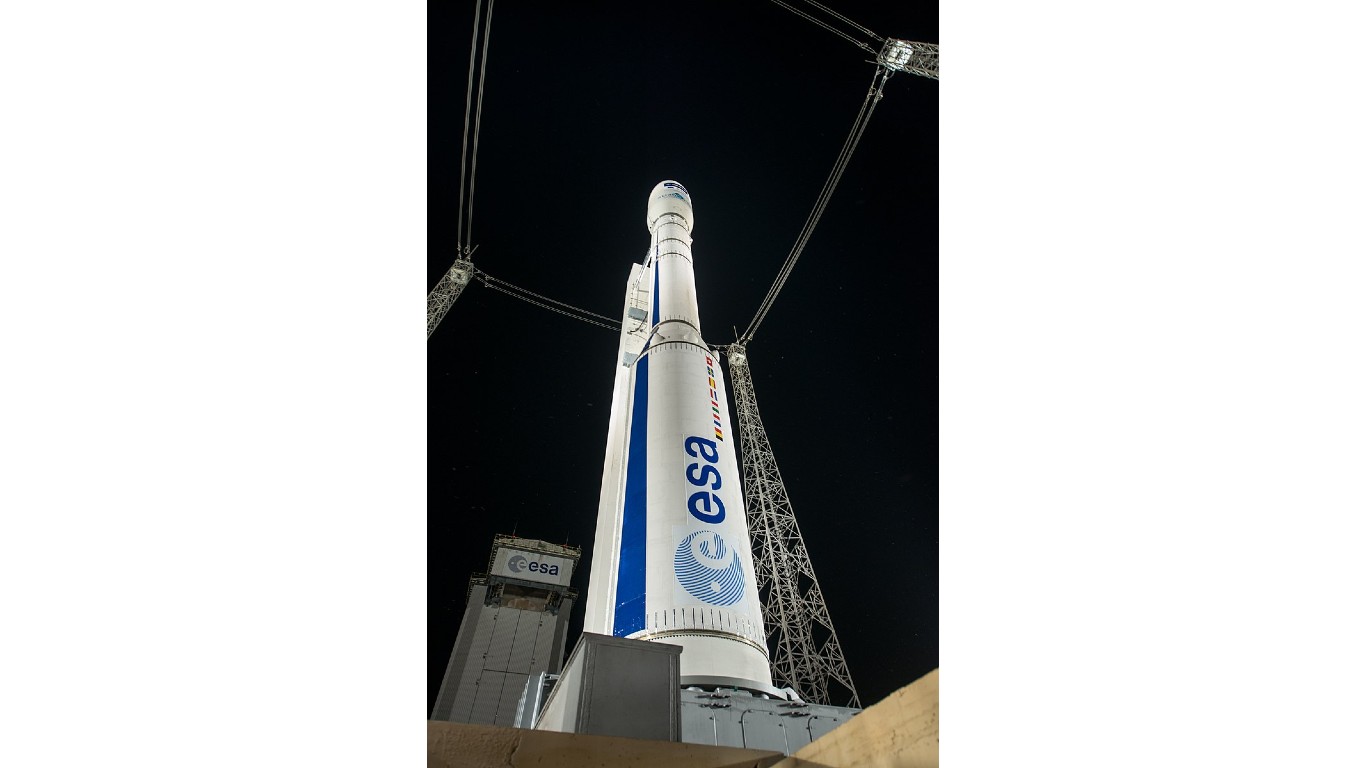
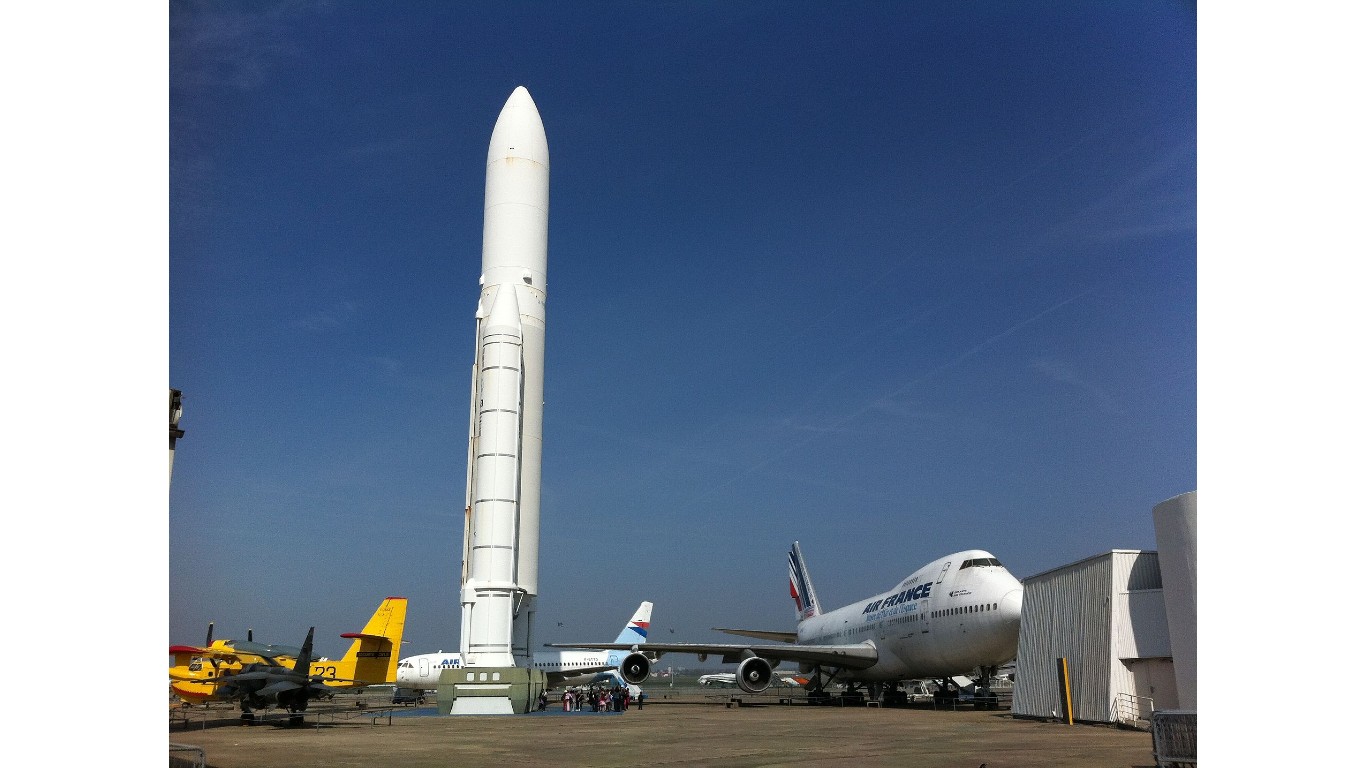

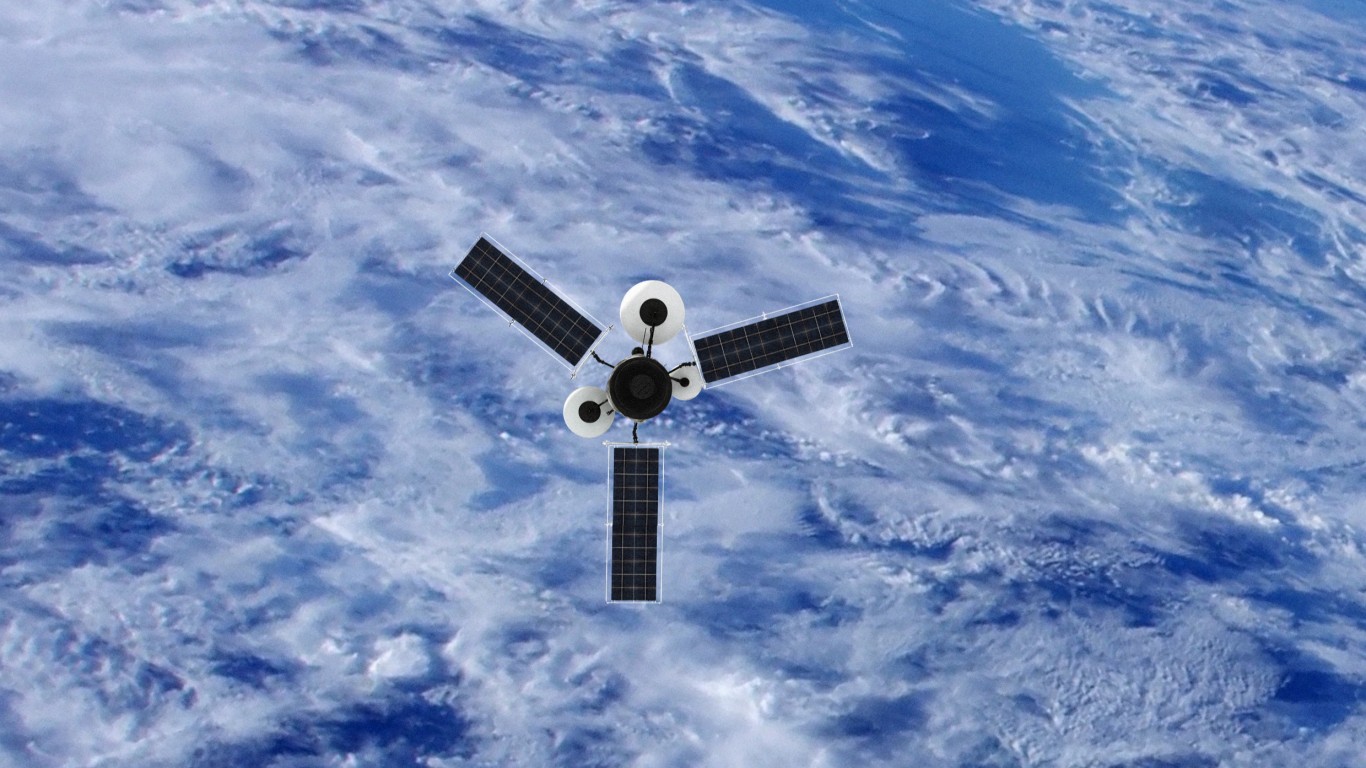 24/7 Wall St.
24/7 Wall St.
